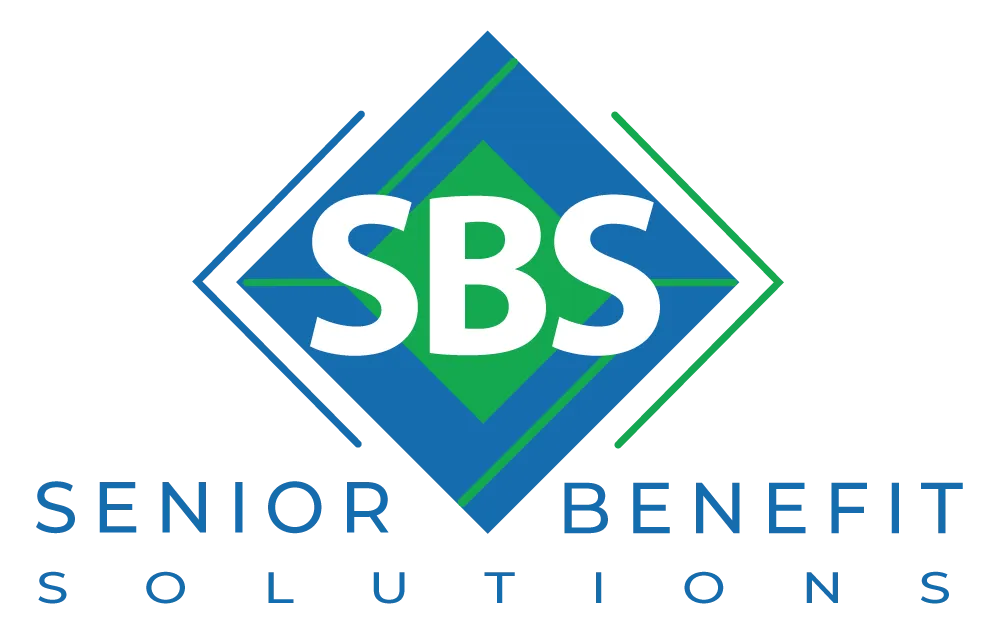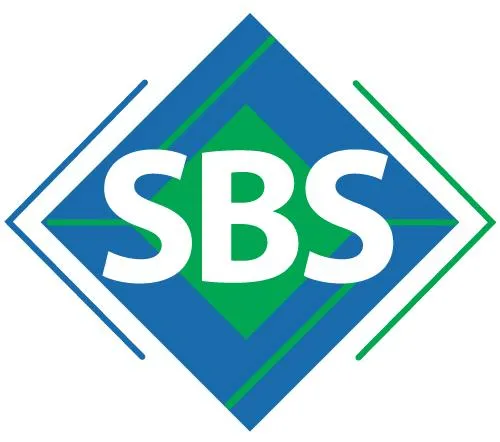
Medicare Enrollment for the Self-Employed: What You Need to Know
Navigating health insurance as a self-employed individual can be a complex process, especially when you reach the age of 65 and become eligible for Medicare. Without the traditional benefits that come from working for an employer, you may wonder how Medicare enrollment works, what options are available, and what steps you need to take. In this post, we'll guide you through the essential details of enrolling in Medicare as a self-employed individual.
If you have questions or need help navigating your Medicare options, consider speaking with a Senior Benefit Solutions insurance agent, who can provide personalized assistance. Call 727-906-2012 or click HERE to set a time for a FREE consultation appointment.
Understanding Medicare Basics
Medicare is a federal health insurance program primarily for people aged 65 or older, although certain younger individuals with disabilities or specific conditions are also eligible. It consists of several parts:
Part A: Covers hospital insurance, including inpatient care, skilled nursing facility care, and some home health services.
Part B: Covers outpatient medical insurance, such as doctor visits, preventive services, and medical supplies.
Part C (Medicare Advantage): An alternative to Original Medicare that bundles Part A, Part B, and usually Part D (prescription drug coverage) into one plan offered by private insurers.
Part D: Covers prescription drug plans (PDPs), which are also offered through private insurance companies.
When to Enroll in Medicare
As a self-employed person, you may not have the automatic enrollment process that many individuals receive through their employer. Understanding your timeline for enrolling is crucial.
Initial Enrollment Period (IEP): Your first opportunity to enroll in Medicare starts three months before your 65th birthday, includes your birthday month, and extends three months afterward. This seven-month window is critical for enrolling in Medicare Parts A and B without penalties.
General Enrollment Period (GEP): If you miss your IEP, you can enroll during the GEP from January 1 to March 31 each year, with coverage starting on July 1. Be aware that late enrollment may result in penalties that increase your premium costs.
Special Enrollment Period (SEP): If you are still working and have health insurance through an employer or a spouse's employer, you may qualify for an SEP that lets you delay enrollment without penalties. However, as a self-employed individual, this option may not apply unless you’re covered through other means.
Medicare Costs for the Self-Employed
The self-employed typically handle all their insurance costs independently, and Medicare is no different. While Part A is usually premium-free if you’ve paid Medicare taxes for at least 10 years, Part B comes with a standard monthly premium, which is adjusted annually and based on income. The income threshold for higher premiums may be relevant if your self-employment income is substantial.
Part C (Medicare Advantage) and Part D (Prescription Drug Plans) costs vary widely depending on the plan you choose. Shopping around and comparing plans based on coverage, premiums, and out-of-pocket costs is essential.
Do You Need Medigap?
Medigap, also known as Medicare Supplement Insurance, can be a valuable option for self-employed individuals who prefer Original Medicare. Medigap plans, sold by private insurers, help cover out-of-pocket expenses like copayments, coinsurance, and deductibles. Remember that Medigap cannot be combined with Medicare Advantage plans, so consider your coverage needs carefully when deciding.
Key Takeaways for the Self-Employed
Know Your Enrollment Period: Don’t miss the critical windows for enrolling in Medicare. Your Initial Enrollment Period is your best opportunity to avoid penalties.
Consider Your Coverage Options: Whether you stick with Original Medicare and add a Medigap policy or choose a Medicare Advantage plan, explore what works best for your health needs and budget.
Stay Informed on Costs: Medicare premiums and out-of-pocket costs can vary, especially if you’re managing your own business income. Plan accordingly to avoid surprises.
By understanding your Medicare options and planning your enrollment strategy, you can secure the coverage you need without unnecessary stress or extra expenses. As a self-employed individual, taking charge of your Medicare decisions is a critical part of staying healthy and financially secure in your later years.
If you have questions or need help navigating your Medicare options, consider speaking with a Senior Benefit Solutions insurance agent, who can provide personalized assistance. Call 727-906-2012 or click HERE to set a time for a FREE consultation appointment.
Not connected with or endorsed by the US government or the federal Medicare program. We do not offer every plan available in your area. If you share contact information with us, you may be contacted by Senior Benefit Solutions, FL License #L124307, which is appointed with 7 carriers offering 41 products in your area. Please contact Medicare.gov, 1-800-MEDICARE, or your local State Health Insurance Program (SHIP) to get information on all of your plan options.

12561 Ulmerton Road • Largo, FL 33774 • 727-906-2012 • [email protected]
Not connected with or endorsed by the US government or the federal Medicare program. This is an advertisement. We do not offer every plan available in your area. You may be contacted by Senior Benefit Solutions, FL License #L124307, which is appointed with 8 carriers offering 64 plans in your area. Please contact Medicare.gov, 1-800-MEDICARE, or your local State Health Insurance Program (SHIP) to get information on all of your plan options.

